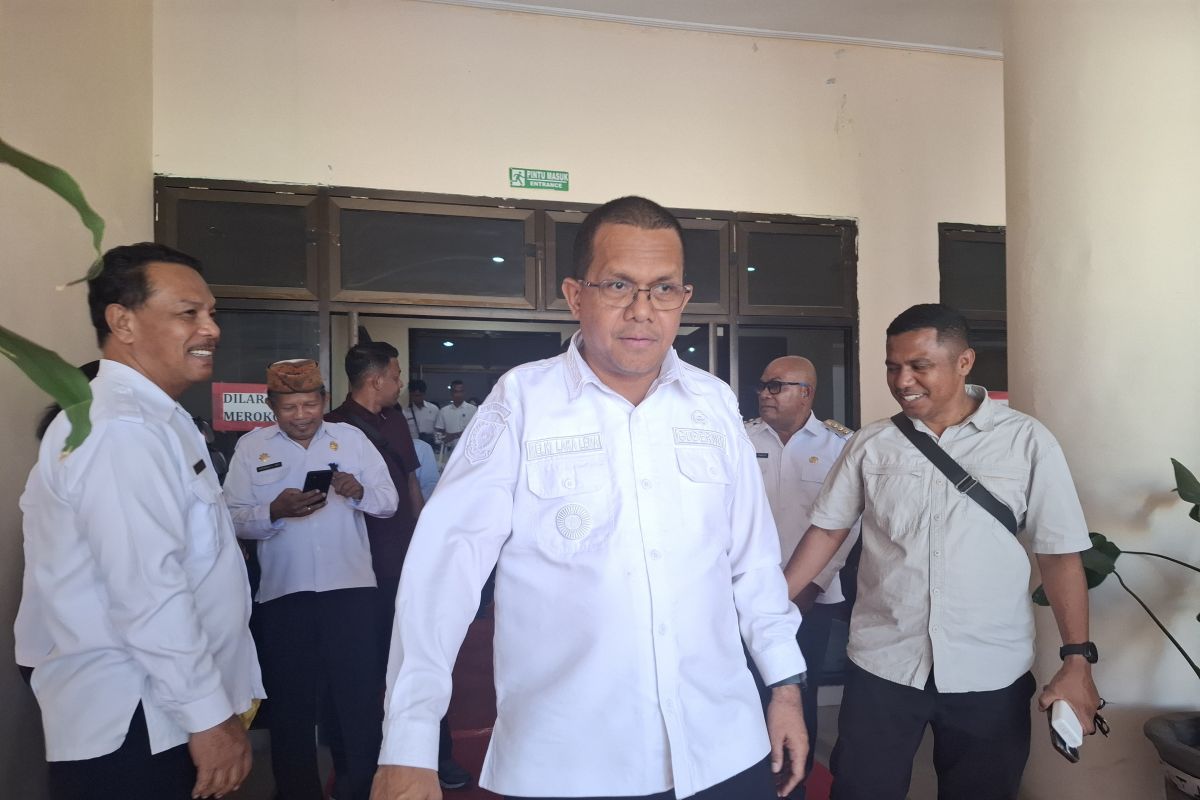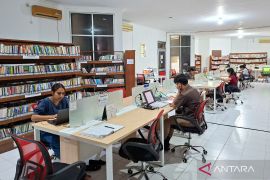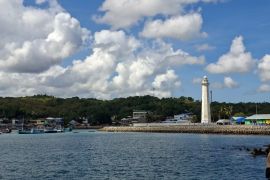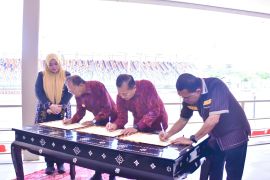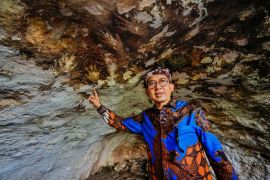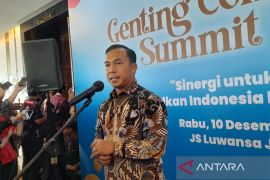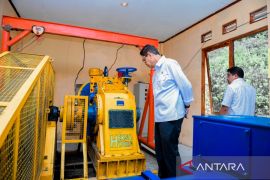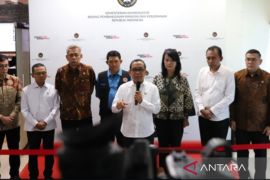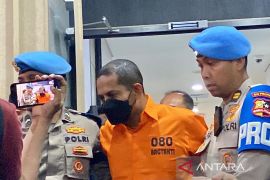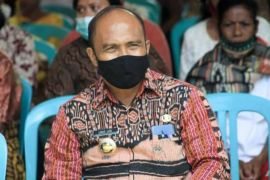“At present, our renewable energy only accounts for 10 to 15 percent, or 42 megawatts, but we have a clear roadmap with an additional 300 MW projected by 2028, which will raise the share to 42.6 percent,” he said in Kupang on Friday.
Melki explained that NTT, as an island-based province, is rich in renewable energy resources.
The region has wind power potential of 10,188 MW, hydropower of 369.5 MW, solar capacity of 60.13 GWp, bioenergy of 746.8 MW, and geothermal potential of 1,149 MW.
In 2023, NTT built off-grid centralized solar power plants in 21 locations. The number increased to 226 scattered units in 2024, and 47 new units are planned for next year to reach more villages and small islands.
A concrete example of this progress can be seen on Semau Island, where the province developed a hybrid system combining a 450 kWp solar plant and a 1,380 kW diesel generator.
“The results have been remarkable. We saved up to Rp1.17 billion in fuel per year and reduced carbon emissions by 180 tons of CO2 in 2024,” Melki said.
Related news: RI reaffirms commitment to achieving carbon emission reduction target
Related news: Indonesia prepares regulation to boost village solar energy
By 2025, reports showed that renewable energy’s contribution on Semau Island remained stable at 10 to 12 percent, while fuel consumption dropped by around 8 to 9 percent.
According to Melki, these are not just numbers but evidence that green technology provides both economic benefits and environmental protection.
“However, we must admit that renewable energy investment costs are still high. Building an off-grid solar plant requires around Rp130 million per kWp, while constructing a 1 MWe geothermal plant costs about Rp48 billion. We also need to continue improving public understanding and acceptance of both geothermal and centralized solar projects,” he said.
To address these challenges, Melki added, NTT is moving forward with strategic programs such as the special allocation fund for renewable infrastructure in Sumba, the ACCESS Project in West Sumba and Southwest Sumba Districts, and the MENTARI Program in Central Sumba District, which have already electrified hundreds of households and public facilities.
Related news: Renewables to power future despite oil-gas wealth: Prabowo
Related news: Indonesia can't rely solely on budget for energy transition: minister
Translator: Primayanti
Editor: M Razi Rahman
Copyright © ANTARA 2025
